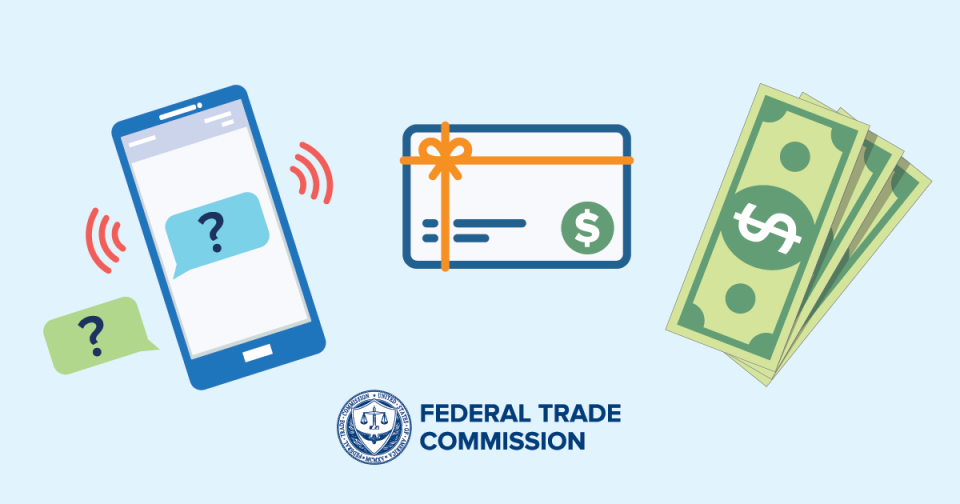Scammers are impersonating attorneys and law firms, offering immigration services on social media. The posts on Facebook and other platforms might be in English or your preferred language. If you press like or leave a comment, they’ll contact you and guarantee you’ll get a work permit, green card, or citizenship — but it’s a scam. How do you spot and avoid the scammers?
The elaborate scam often starts with an offer to help you with immigration paperwork. Next, they ask you to send them money using Western Union or Zelle. In return, they say they’ll supposedly get you an appointment with U.S. Citizenship and Immigration Services (USCIS). People who paid report having virtual appointments on Zoom or WhatsApp with a “USCIS officer” in uniform — all part of the scam. The truth? Some immigration proceedings are now virtual, but applicants get their appointments by mail or through their MyUSCIS account, never on messenger apps.
To protect yourself and others from immigration scams:
- Go to USCIS.gov for legitimate immigration information. If you have a pending application or petition, check your case status online.
- Recognize fake government websites. Even if a page looks legit, if the address doesn’t end with .gov, it isn’t a government website.
- Know what types of payment USCIS accepts for filing fees. Anyone who asks you pay USCIS a different way is a scammer.
- Share what you know. Forward this alert to people in immigrant communities. Tell them to check out ftc.gov/immigration for advice on how to find real immigration help and avoid scams targeting immigrants.
Have you spotted an immigration scam or think you may have paid a scammer? Tell the FTC at ReportFraud.ftc.gov — or in Spanish at ReporteFraude.ftc.gov. To report in other languages, call (877) 382-4357 and press 3 to speak to an interpreter in your preferred language.

